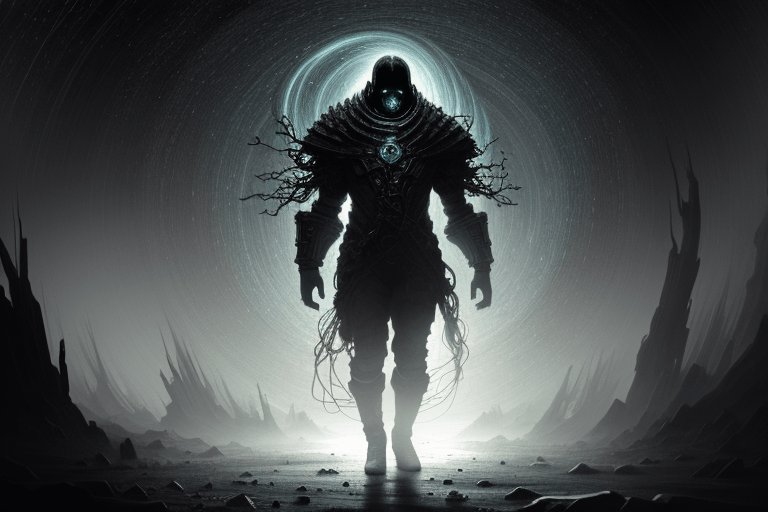The Philosophy of Cosmic Horror: What It Is and Why We’re Drawn to It
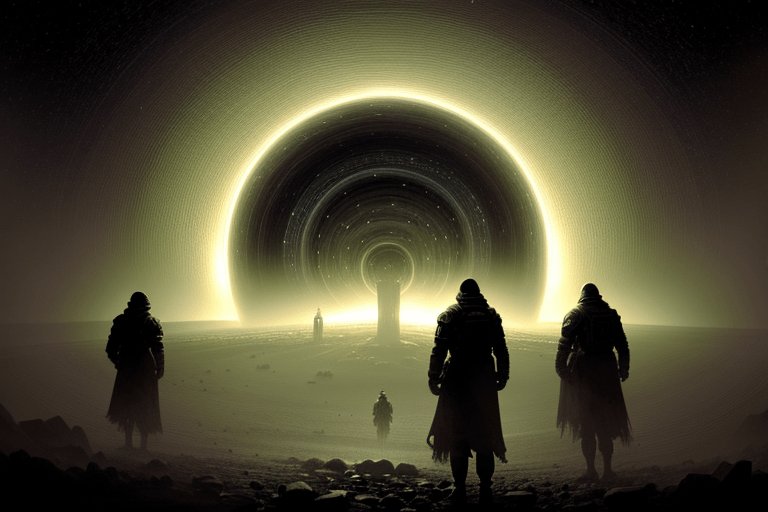
Introduction
Horror has been a staple of human storytelling for centuries, and there are many different types of horror genres, such as supernatural horror, slasher horror, and psychological horror. However, there is one genre that has risen in popularity in recent years, and that is cosmic horror. Cosmic horror is a subgenre of horror that focuses on the incomprehensibility and vastness of the universe and the insignificance of human beings in the face of it. In this article, we will explore the philosophy of cosmic horror, its origins, and why we are drawn to it.
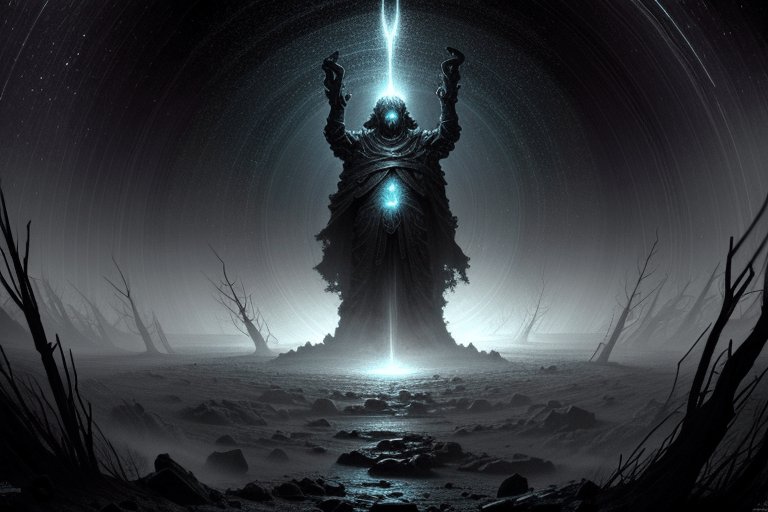
Origins of Cosmic Horror
The origins of cosmic horror can be traced back to the works of H.P. Lovecraft, who is considered to be the father of cosmic horror. Lovecraft’s stories often dealt with ancient, powerful entities that existed beyond the scope of human understanding. These entities were often referred to as “the Old Ones” or “the Great Old Ones” and were portrayed as god-like beings that were indifferent to human existence.
Lovecraft’s stories were heavily influenced by the science and philosophy of his time, particularly the work of Einstein and the theory of relativity. Lovecraft was fascinated by the idea that the universe was vast and incomprehensible, and that there were forces at work that were beyond human understanding. This idea is at the core of cosmic horror and has since been explored and expanded upon by many other writers and filmmakers.
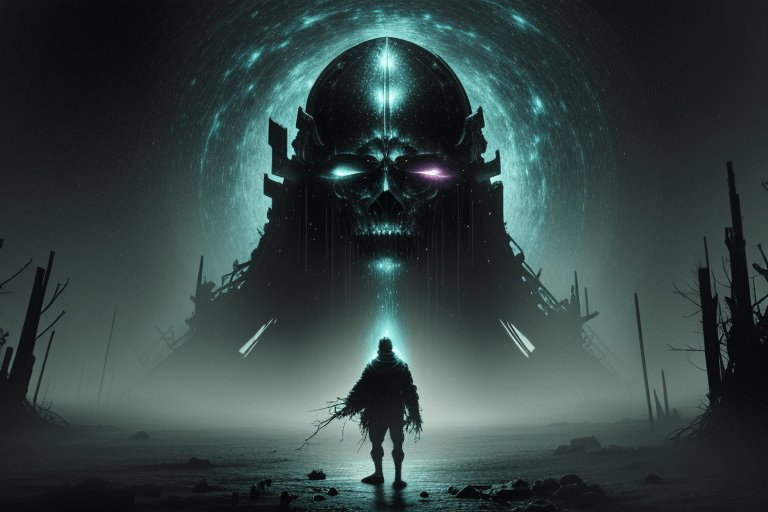
Philosophy of Cosmic Horror
At the heart of cosmic horror is the idea that there are forces in the universe that are beyond human understanding. These forces are often portrayed as ancient, powerful entities that existed before the universe as we know it and will continue to exist long after we are gone. These entities are indifferent to human existence and view us as insignificant.
Cosmic horror is not just about fear and terror, but it also explores philosophical questions about the nature of the universe and our place in it. It raises questions about the limits of human knowledge and understanding and whether there are things that are simply beyond our comprehension.
One of the key themes of cosmic horror is the concept of cosmic nihilism. Cosmic nihilism is the idea that there is no inherent meaning or purpose in the universe, and that human existence is ultimately meaningless. This idea is reflected in Lovecraft’s stories, where human characters are often portrayed as insignificant and powerless in the face of the vast, uncaring universe.
Another important theme of cosmic horror is the idea of cosmic dread. Cosmic dread is the feeling of existential unease and anxiety that comes from the realization that there are forces in the universe that are beyond human understanding and control. This feeling is often portrayed in cosmic horror stories through the use of atmospheric dread, where the setting and environment are used to create a sense of unease and foreboding.
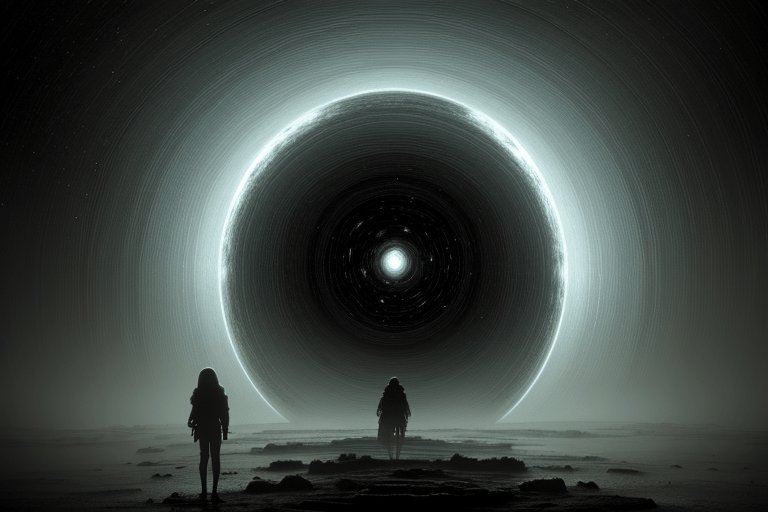
Why Are We Drawn to Cosmic Horror?
Despite the bleak and nihilistic worldview of cosmic horror, it continues to be a popular genre among audiences. There are several reasons for this.
Firstly, cosmic horror provides a sense of perspective. It reminds us that we are small and insignificant in the grand scheme of things and that our problems and concerns are often trivial in the face of the vastness of the universe. This can be a humbling and even comforting realization, as it can help us to put our own lives and problems into perspective.
Secondly, cosmic horror provides a sense of mystery and wonder. The idea that there are forces in the universe that are beyond human understanding can be fascinating and intriguing. It allows us to explore the limits of our own knowledge and imagination and can lead to a sense of awe and wonder at the vastness and complexity of the universe.
Thirdly, cosmic horror provides a sense of catharsis. The genre allows us to confront our fears and anxieties about the unknown and the incomprehensible in a safe and controlled way. By experiencing these fears through the medium of a horror story, we are able to process and confront them in a way that is not possible in real life.
Lastly, cosmic horror can also serve as a critique of human society and culture. By portraying human beings as insignificant and powerless in the face of cosmic forces, cosmic horror can highlight the flaws and shortcomings of human society and culture. It can also serve as a warning against the dangers of human arrogance and hubris, reminding us of the importance of humility and respect for the vastness and complexity of the universe.
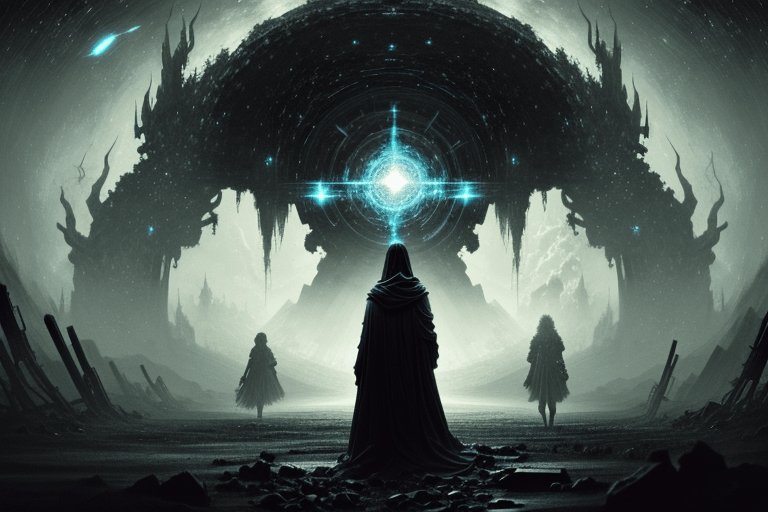
Conclusion
Cosmic horror is a genre that explores the limits of human knowledge and understanding, and the insignificance of human beings in the face of the vastness and complexity of the universe. It raises important philosophical questions about the nature of the universe and our place in it, and can provide a sense of perspective, wonder, and catharsis. Despite its bleak and nihilistic worldview, cosmic horror continues to be a popular genre among audiences, as it allows us to confront our fears and anxieties about the unknown and the incomprehensible in a safe and controlled way.

